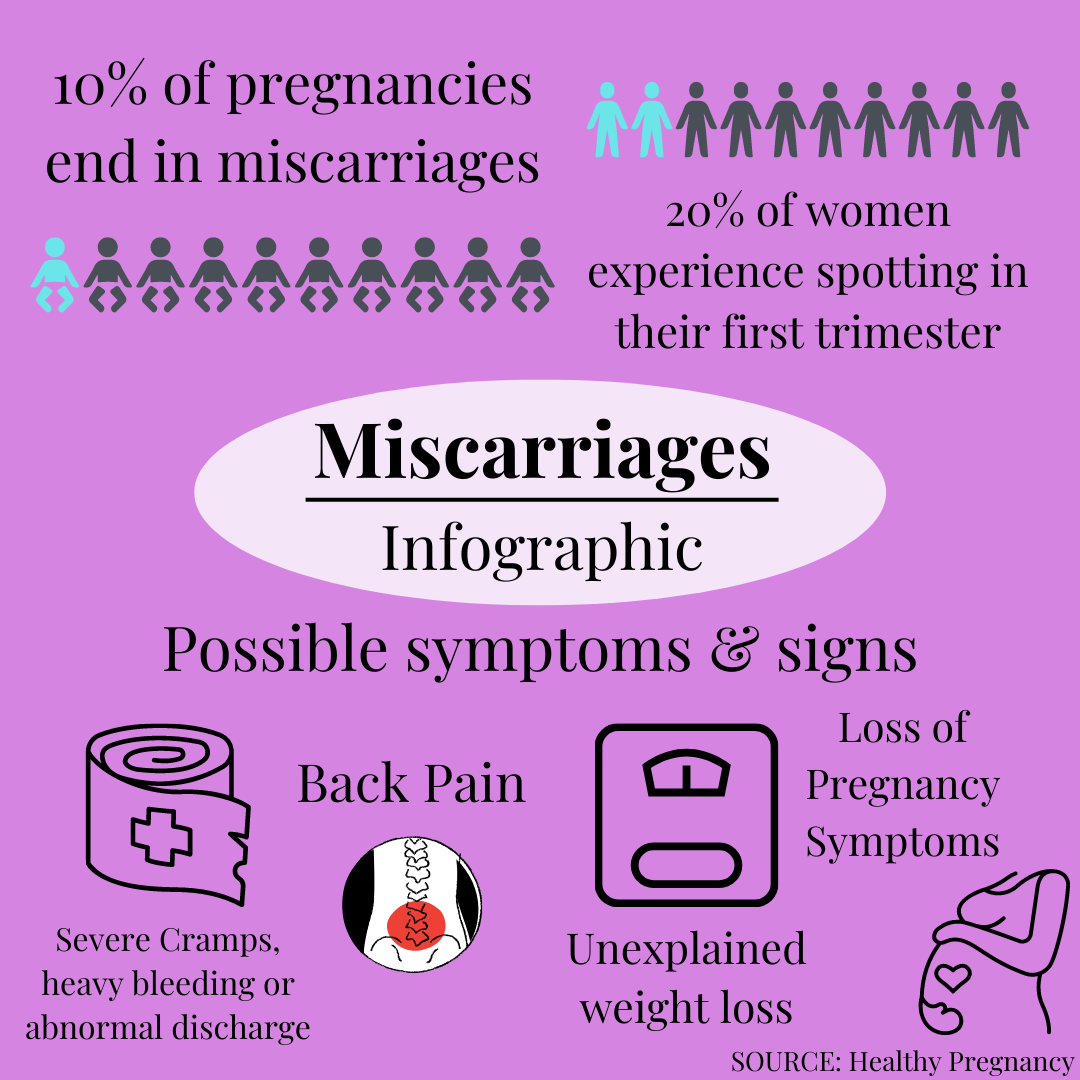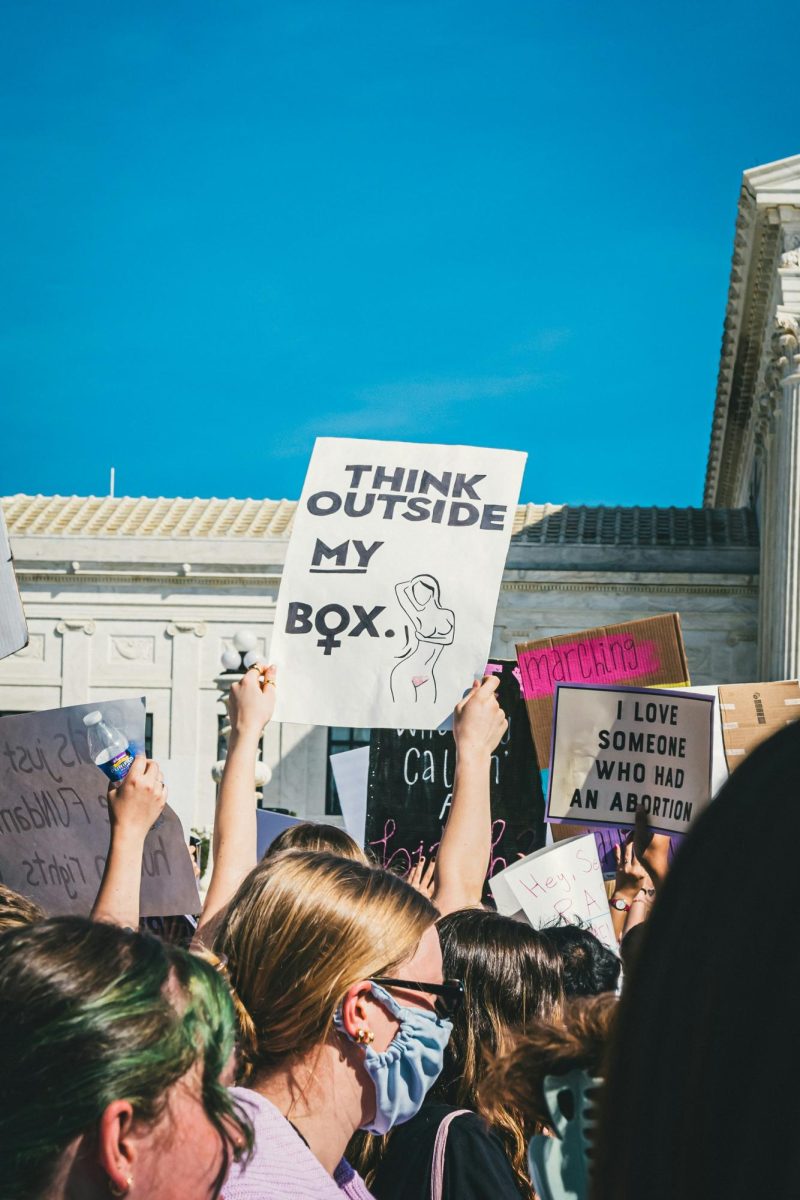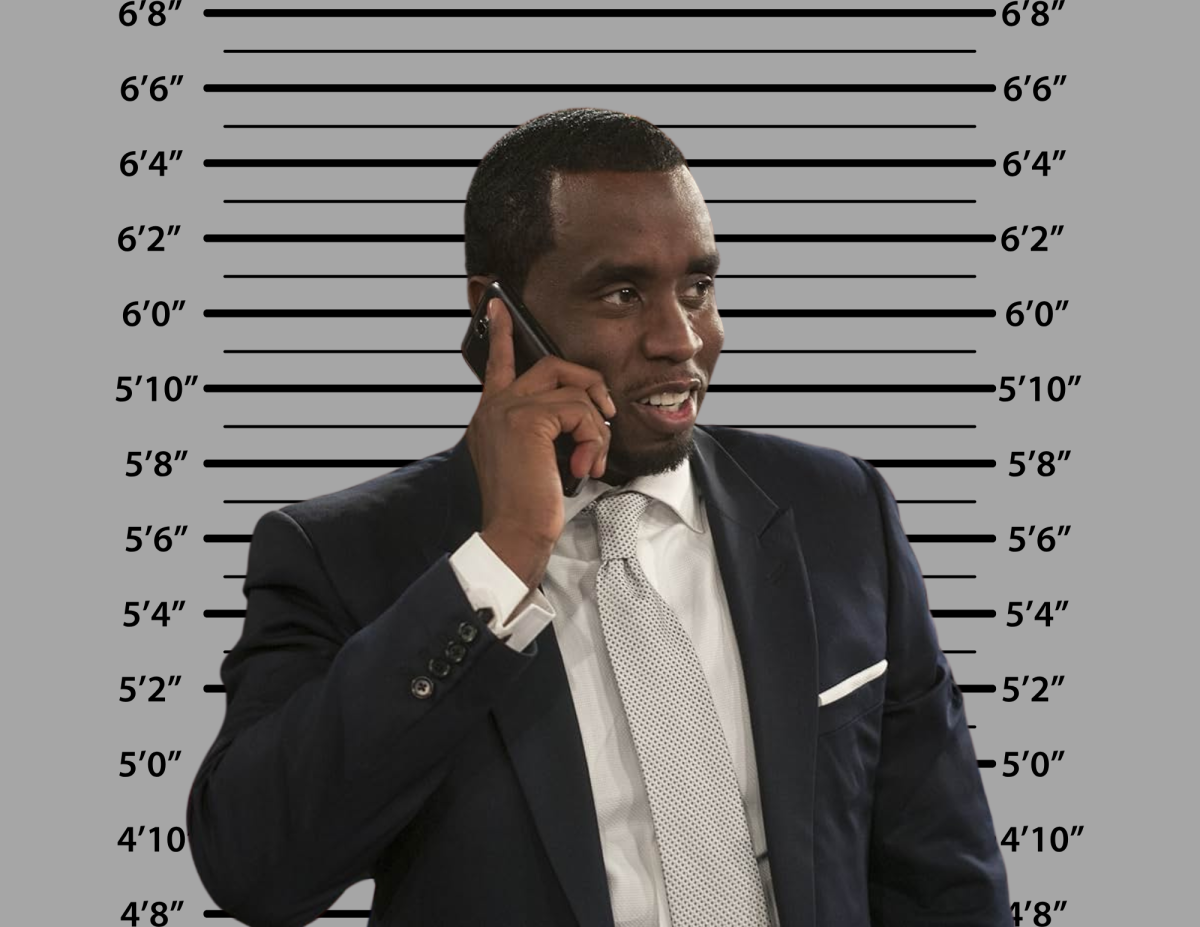
By Jennipher Vasquez
I can now say I was failed by my doctors and I’m not OK with it.
My heart breaks everytime I read about a mother who died during or after labor, when I see another grieving couple post about their miscarriage and every single time I think about how I suffered through my own pregnancy loss.
October is Pregnancy and Infant Loss Awareness Month. Loss.
I’m tired of hearing that word but I understand why it’s used so often in this light.
Why is loss the focus?
Because there isn’t a solution to that kind of loss.
I lost my trust in emergency rooms, or rather gained a fear of needing to go there.
It is gut wrenching and absolutely infuriating to think about how each person there ignored me. What hurts more is knowing that my miscarriage story is very minimal compared the stories other expecting mothers have shared of incomptetent and careless healthcare workers.
What I really lost was my baby, but I still had me.
It wasn’t fair to me or anyone else who was pregnant during the peak of the pandemic in 2020 and forced to sit in ER’s alone.
I expected to be taken care of, I was naive, but even the bare minimum of reading my ultrasound correctly wasn’t done.
My loved ones rallied around to support me in the months that followed the miscarriage, but ultimately I was the only one who could pull myself out of my funk.
I sat in the hospital alone after rushing in to find out why I had begun bleeding early on into my pregnancy.
My mom and the baby’s father waited outside for hours while I was wheeled around by nurses and begged them to put me in a bed because I was in so much pain.
Nothing was done besides having my blood drawn and being given a Zofran to ease the nausea. Super Helpful.
I had yet to make it to my first ultrasound, also due to the pandemic.
I hadn’t actually seen my baby through a screen yet or heard the heartbeat, but several pregnancy tests and my primary care physician had already confirmed I was nine weeks pregnant.
The ER doctor’s diagnosis was: “it’s probably just implantation bleeding or early signs of a miscarriage.”
That didn’t seem right.
Thinking back, this is likely why I push so hard now to be heard at any capacity. It was the first time in my life I felt like I wasn’t being understood when I really needed to be.
They weren’t in the restroom with me when I was screaming and crying, gripping the railings in the stall as I watched below what was likely the placenta drop into the toilet.
I had used the restroom once before while in the ER that night, immediately after my emergency ultrasound and in the same room it was conducted. That restroom had a “press for HELP,” button that I paid close attention to and thought to myself, “Oh, good. That’s there if I need it.”
I spent the evening avoiding a trip to the restroom because I had been spotting blood and was afraid for what I already knew might happen.
There wasn’t one of those very necessary buttons in the ER patient waiting room restroom stalls where I really did need it.
The doctors and nurses weren’t there when I gained the strength to jump off of the toilet and quickly turned around to attempt grabbing the bloody glob.
I had hoped to hold my baby just once before having to say goodbye, only to have that hope ripped away by the automatic toilet that flushed before I could reach down into the bowl.
I needed a doctor, I needed my mom and I needed to have been listened to and taken care of from the moment I arrived.
I left the hospital after being ignored by doctors and nurses for almost eleven hours. I told them I was in pain several times and that I had likely just had the miscarriage in the restroom.
I had been alone all night with no help despite being in a wheelchair because I could barely stand on my own, but I shouldn’t have had to.
Sure, I owe my ever growing independence to it. I talked myself through it because I had to but I didn’t want to.
I’ll never forget the face of the doctor who sent me home with the hope that I was still pregnant.
When I asked, “is my baby OK?” I expected to be told the correct answer, not to be sent home with the false hope that I was still pregnant even after telling them what I suffered in the restroom.
How did the pain and trauma shape me? It taught me to fight for myself, dig deeper into everything and to always be adaptable in any circumstance.
Why? Because after being told, “your baby is ok, really tiny, but still there,” I was greeted just days later with a somber, “I’m so sorry,” by my OBGYN. She explained to me that the ER doctor was wrong and my hospital ultrasound showed I had in fact already had a miscarriage.
This should have been the answer I was sent home with days prior.
Sure it was easy to be angry at the ER doctor who gave me false hope, but I often think about how I’m not the only one that this has happened to.
I don’t know what to do to prevent this from happening, but maybe sharing my experiences will add to the conversation that every pregnant person must be listened to just as much as the screaming child sitting in the same ER.
Every campaign for Pregnancy and Infant Loss Awareness month is centered around how to prevent miscarriages, stillbirths and maintain a healthy pregnancy. The conversation is never focused on bringing awareness for the losses that were a result of inadequate medical care.
The true “loss” for me was the timid, soft spoken girl who accepted the first answer I was given by a careless physician. I had to find a way to not let that be the driving force in my next steps.
What was my driving force? The desire to make my baby proud.
I hate what I went through. I hate how I went through it.
But what I hate more is being seen as almost a victim of miscarriage rather than a force to be reckoned with because I came out of it so much stronger.
I slowly gained my confidence back, an altered sense of awareness of the world and — more than anything— an angel to watch over me as I overcome every new obstacle.
That’s my driving force. That’s my defining factor.
I didn’t let the stigma of “loss” in miscarriages be the only thing that came from it.
Flashbacks of the “I’m so sorry,” from my OBGYN, the dagger that hits my heart when my hands unintentionally reach down to feel for my non-existent baby belly and the echo of my screams from the ER restroom will always be weakening.
However, overcoming emotional agony I thought I’d never surpass, and did, is a testament to how much I’ve gained since then.
I hope that every person who has experienced any form of pregnancy loss gains from their said “loss,” in any capacity. But, I also hope that the stigma surrounding miscarriages starts to shift into a focus of what there is to gain following that incurable loss and how to improve our healthcare system.




